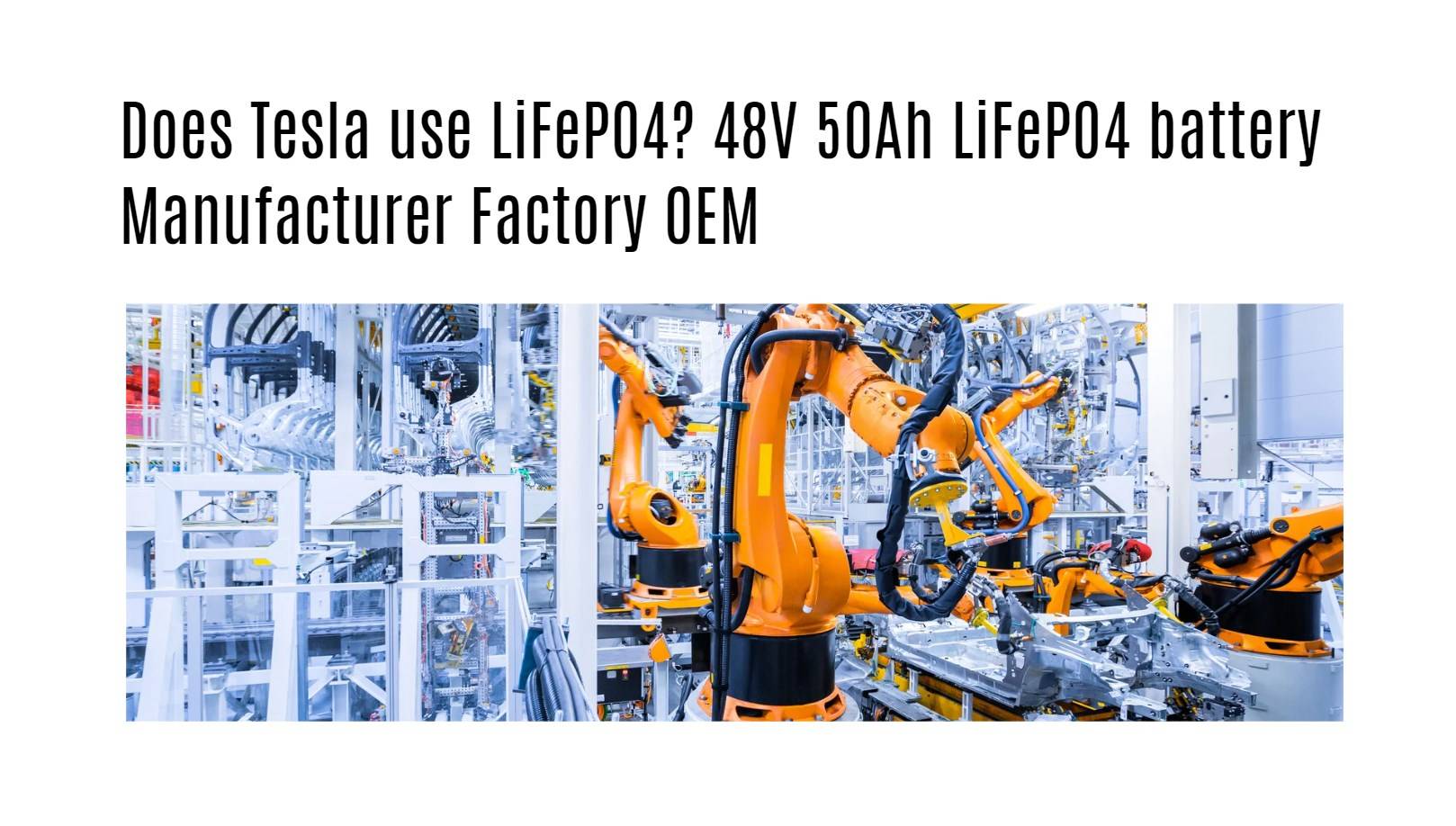Tesla Motors, under the visionary leadership of Elon Musk, continues to redefine the electric vehicle (EV) landscape with its innovative technologies. One such advancement that has garnered significant attention is Tesla’s adoption of lithium iron phosphate (LiFePO4) batteries. In this article, we delve into the reasons behind Tesla’s choice, the benefits of LiFePO4 batteries, and their implications for the future of electric mobility.
Tesla’s Strategic Shift: Embracing LiFePO4 Batteries
In recent years, Tesla has been strategically pivoting towards LiFePO4 batteries for its electric vehicle lineup. This move marks a departure from traditional lithium-ion chemistries, such as those using cobalt and nickel, towards a more sustainable and cost-effective solution. LiFePO4 batteries offer compelling advantages that align with Tesla’s commitment to innovation and sustainability.
Advantages of LiFePO4 Batteries
1. Safety and Reliability
LiFePO4 batteries are renowned for their exceptional safety profile. Unlike other lithium-ion chemistries prone to thermal runaway, LiFePO4 batteries exhibit superior thermal stability. This characteristic minimizes the risk of overheating, fires, and explosions, making them ideal for high-performance applications like electric vehicles.
2. Longevity and Durability
Tesla’s decision to integrate LiFePO4 batteries is also driven by their extended lifespan and durability. These batteries can withstand thousands of charge-discharge cycles with minimal capacity degradation. The use of iron phosphate as the cathode material enhances structural integrity, reducing the risk of internal short circuits and ensuring reliable long-term performance.
3. Cost-effectiveness and Sustainability
From a cost perspective, LiFePO4 batteries offer significant advantages. They are less expensive than batteries using cobalt and nickel, with a supply chain that is more localized and secure. This not only reduces production costs but also supports Tesla’s goal of achieving sustainable and environmentally friendly manufacturing practices.
Practical Implementation: Tesla’s Model Y and Beyond
Tesla’s implementation of LiFePO4 batteries is not just theoretical but practical. The Model Y, produced at Tesla’s Shanghai Gigafactory, features prismatic LFP cells supplied by Contemporary Amperex Technology (CATL). This strategic partnership underscores Tesla’s commitment to scaling production and ensuring supply chain resilience.
Future Outlook and Industry Impact
Looking ahead, Tesla’s adoption of LiFePO4 batteries sets a precedent for the broader electric vehicle industry. By prioritizing safety, longevity, and sustainability, Tesla is paving the way for other automakers to explore alternative battery technologies. This shift is crucial as the industry strives to meet growing consumer demand for eco-friendly transportation solutions.
Conclusion
In conclusion, Tesla’s embrace of LiFePO4 batteries represents a paradigm shift in the electric vehicle market. By leveraging the inherent advantages of these batteries—safety, longevity, and cost-effectiveness—Tesla not only enhances the performance of its vehicles but also sets new standards for the industry. As electric mobility continues to evolve, LiFePO4 batteries are poised to play a pivotal role in shaping the future of sustainable transportation.



